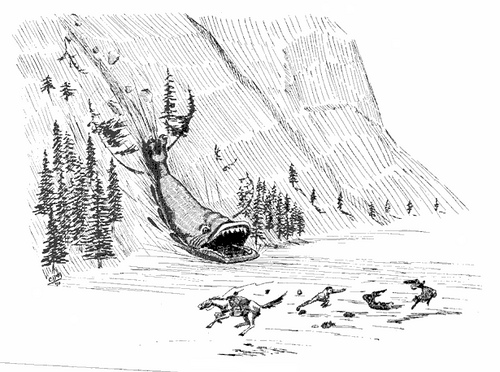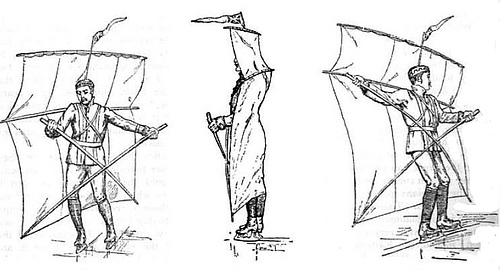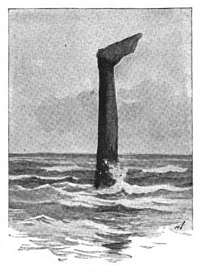Doubtful but interesting: I’ve found four secondhand accounts that in December 1827 a planter working in a field near Montevideo discovered a tombstone covered with unknown characters, and that it covered a small excavation containing two rusted swords, a helmet, a shield, and a large earthen vessel.
According to the story, the legible part of the inscription was in Greek: “During the dominion of Alexander, the son of Philip, King of Macedon, in the sixty-third Olympiad, Ptolemais–”
The handle of one of the swords reportedly displayed the portrait of a man, supposedly Alexander the Great, and one of the helmets had been sculpted with the image of Achilles dragging the corpse of Hector around the walls of Troy.
The implication is that the ancient Greeks had reached South America — that a commander in Alexander’s fleet was overtaken by a storm in the Atlantic and driven to the Brazilian coast, where he established a monument to commemorate their presence there.
“The interesting nature of this account is sufficient to make us regret its manifest improbability,” writes the Foreign Review. “Such a discovery in Brazil from the time of Alexander is not likely to receive authentic confirmation.”
(The other accounts are in Josiah Priest, American Antiquities, and Discoveries in the West, 1833; The Native Races of the Pacific States of North America, 1876; and Elroy McKendree Avery, A History of the United States and Its People, 1904.)




